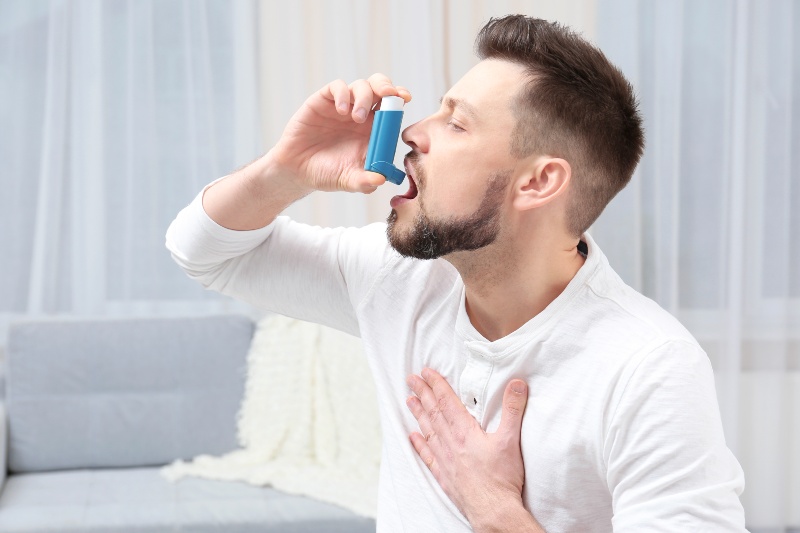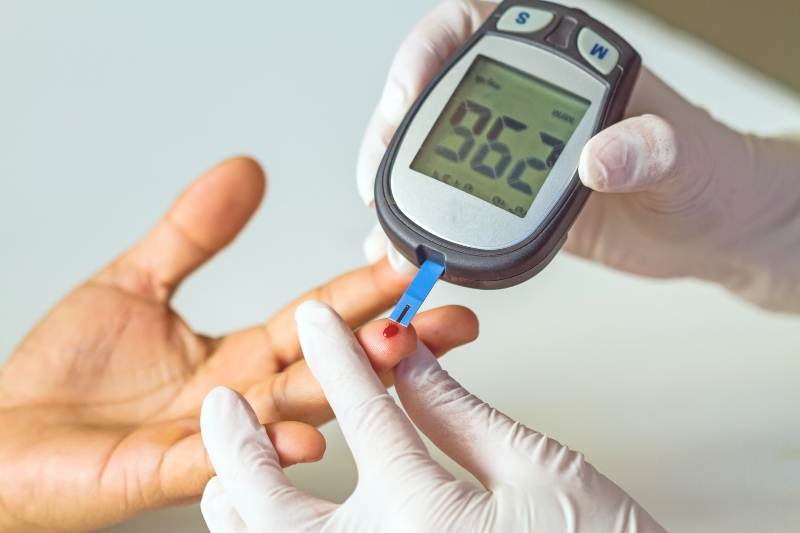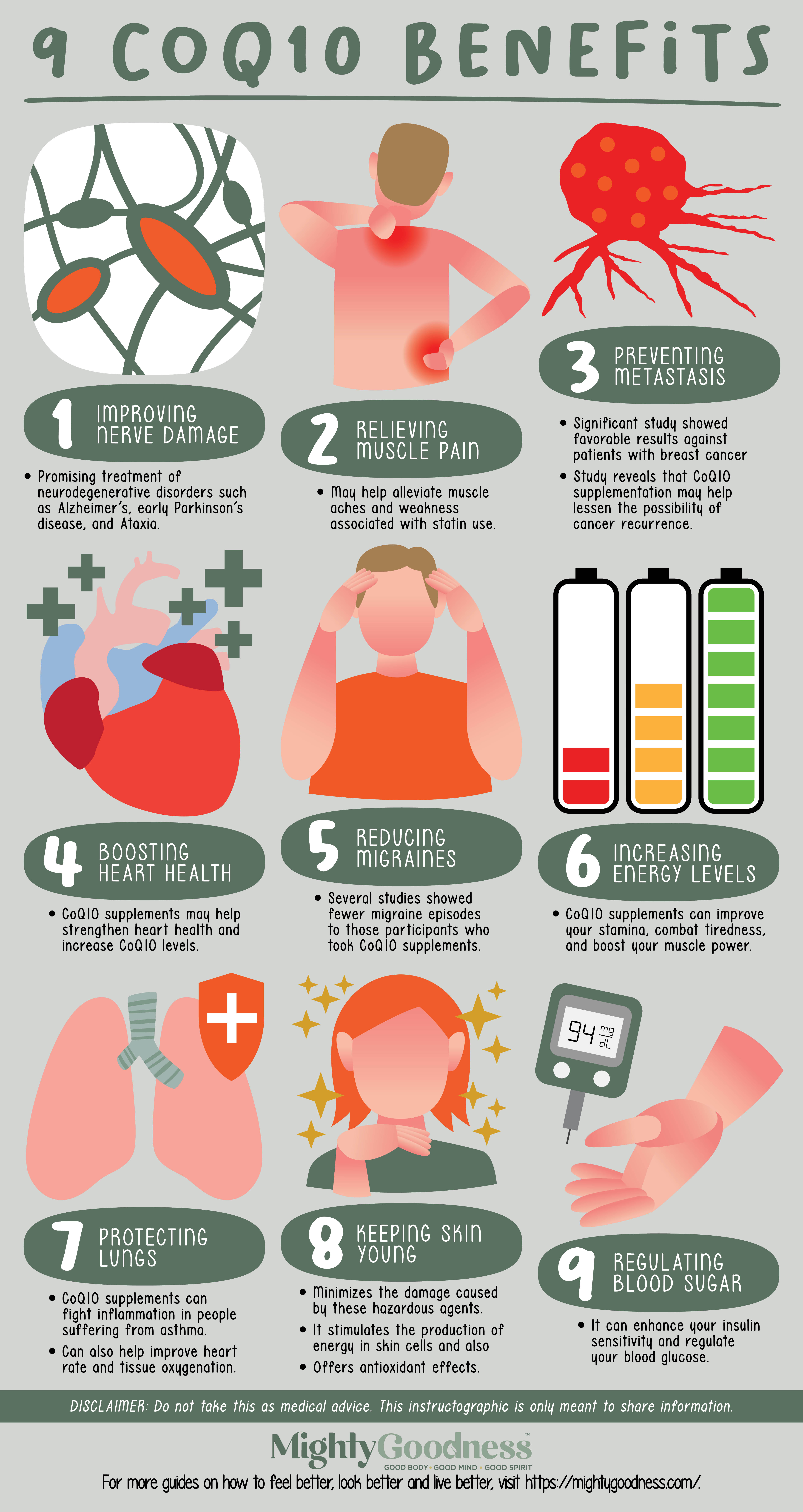Coenzyme Q10, or CoQ10, may sound like a complicated substance. But you'll be surprised by how your cells depend on it—you'll never forget its name.
Here's a look at CoQ10 benefits.
RELATED: Here Are 6 Nutrients You Are Not Getting Enough Of
Why CoQ10 Is Vital for Your Body | 9 CoQ10 Benefits
What Is CoQ10?

Click here to jump to the infographic.
CoQ10 is a crucial nutrient present in your cells, especially in your lungs, kidneys, heart, and liver.
Your body produces CoQ10 naturally. But then, it lives mainly in mitochondria, which are the parts of cells that generate energy.
The mitochondria utilize CoQ10 to produce the adenosine triphosphate (ATP) energy-carrying molecule. ATP is the primary transporter of energy in your cells.
However, during this process, your mitochondria also produce free radicals.
Free radicals are unstable molecules. Too many free radicals can disrupt your cells' functions. This, in turn, can result in diseases.
This is where CoQ10 enters the picture once again.
CoQ10 also functions as an antioxidant. It protects your cells from oxidative damage by neutralizing free radicals.
CoQ10 is also present in certain foods and supplements, including:
- Eggs
- Nuts and seeds, such as sesame seeds and pistachios
- Fatty fish, such as mackerel, herring, trout, and sardine
- Fruits, such as oranges and strawberries
- Legumes, such as peanuts, soybeans, and lentils
- Meats, such as pork, chicken, and beef
- Oils, such as soybean and canola oil
- Organ meats, such as kidney, heart, and liver
- Vegetables such as broccoli, spinach, and cauliflower
- Whole grains
However, the CoQ10 levels in your body can decrease due to the following factors:
- Aging
- Genetic defects
- Mitochondrial disorders
- Nutritional deficiencies
- Side effects of statins, which are drugs that lower cholesterol
And when you have CoQ10 deficiency, your cellular and energy levels would stumble. Moreover, several disorders may arise, such as:
- Alzheimer's disease
- Cancer
- Heart problems
- Parkinson's disease
CoQ10 Benefits
1. Improving Nerve Damage

CoQ10 appears to be promising when it comes to the treatment of neurodegenerative disorders.
Research reveals that CoQ10 supplementation may slow down the excessive production of beta-amyloid. Beta-amyloid is a protein that can knock down your nerve cells. This causes the loss of thinking and memory skills in people with Alzheimer's.
Furthermore, a study was conducted among patients with early Parkinson's disease. They were given different dosages of CoQ10. Results showed that CoQ10 decelerates the deterioration of the patients' motor functions.
Another study also indicates that CoQ10 provides significant development in the speech and movements of adults with ataxia. Ataxia is a neurodegenerative disease that attacks an individual's articulation, coordination, and balance.
2. Relieving Muscle Pain

Your doctor might have prescribed statins to treat cardiovascular disease. These medicines function by decreasing cholesterol production in your body.
Although these medications can lower your cholesterol, they also reduce your CoQ10 levels.
Decreased CoQ10 can result in mitochondrial dysfunction. This disorder can then lead to myopathy, which affects your muscles.
Taking CoQ10 supplements may help alleviate muscle aches and weakness associated with statin use.
3. Preventing Metastasis

The relationship between nutrition and cancer prevention is becoming evident.
For instance, a study shows that patients with breast cancer were given fatty acids, antioxidants, and CoQ10. Although only less than 20% had tumor regression, one case showed significant development.
After a month of taking 390 mg of CoQ10, the tumor was no longer visible. And after another month, the cancer was no longer present, as confirmed through mammography.
What's more, another study reveals that CoQ10 supplementation may even help lessen the possibility of cancer recurrence.
4. Boosting Heart Health

Our heart is one of the organs with the highest concentrations of CoQ10. This is because it contains the most mitochondria in the body. After all, it needs the energy to beat around 100,000 times in a day.
Individuals with cardiovascular disease appear to have inadequate CoQ10 levels in the body.
One study shows that children with cardiomyopathy were given liquid ubiquinol, a reduced form of CoQ10. After several weeks, they had significantly higher CoQ10 levels and stronger heart health.
RELATED: Kidney Detox | 7 Ways to Detox and Cleanse Your Kidneys Naturally
5. Reducing Migraines

One reason you're suffering from migraines is the inflammation of some of your brain cells.
Since CoQ10 can reduce the inflammation in your body, it can target the cause of your headaches.
Several studies looked into CoQ10 supplementation as a treatment for migraines. Participants who took CoQ10 supplements had fewer episodes, less severe, and shorter duration of migraines. They also showed reduced levels of inflammation in the body.
6. Increasing Energy Levels

When you have an imbalance between antioxidants and free radicals in your body, your muscle function is impaired. And when you have problems with your muscles, your energy and exercise performance is also affected.
Similarly, any irregularities in your mitochondrial functions can lower your muscle energy. Again, this can make it difficult for your muscles to activate and endure exercise.
Luckily, CoQ10 can help improve muscle energy by reducing free radicals and enhancing mitochondrial functions.
Additionally, CoQ10 supplements can improve your stamina, combat tiredness, and boost muscle power.
7. Protecting Lungs

Our lungs work hand-in-hand with oxygen. This makes them vulnerable to various harmful properties.
If they're not protected with antioxidants and your CoQ10 levels are low at the same time, respiratory diseases might occur.
Studies show that CoQ10 supplements can fight inflammation in people who have asthma. They can also help improve your heart rate and tissue oxygenation.
8. Keeping Skin Young

Our skin plays a significant role in our body—literally. It's the human body's largest organ.
The skin is susceptible to harmful agents, which can be found inside or outside your body.
Some internal factors include:
- Hormone imbalance
- Cellular damage
On the other hand, external factors are:
- Radiation
- Sun exposure
- Air pollution
These damaging elements can cause aging, deterioration of cells, and dry, thin skin.
According to a study, CoQ10 minimizes the damage caused by these hazardous agents. It stimulates the production of energy in skin cells and also offers antioxidant effects. It can even help you maintain a youthful appearance by reducing your wrinkles.
9. Regulating Blood Sugar

When your cells are damaged, metabolic disorders such as diabetes might occur.
Since CoQ10 prevents cellular damage and improves the activity of mitochondria, it can enhance your insulin sensitivity and regulate your blood glucose.
A study was conducted among patients with diabetic nephropathy. After 12 weeks of treatment with CoQ10, results showed positive effects on their glucose metabolism. However, this can significantly decrease their blood sugar levels.
CoQ10 also reduces fat accumulation and triggers a fat breakdown. This makes CoQ10 beneficial in the management of type 2 diabetes and obesity.
Here's an infographic guide. Don't forget to download, save, or share this handy infographic for reference:

Watch this video by Enhance Fertility to learn how CoQ10 supports sperm motility and egg quality: CoQ10 can treat and prevent certain conditions. Additionally, it helps your cardiovascular, nervous, muscular, and respiratory systems, among others.
CoQ10 deficiency can lead to adverse health effects. So consume foods and take supplements rich in CoQ10 to protect your cells and boost energy production.
What do you think of CoQ10? Please share your thoughts with us in the comment section below!
Up Next:
Trending
How to Improve Your Skin With Chlorella Algae
Hair Care Routine for Winter: Defeat Dryness and Restore Shine!
Get Updates
SIGN UP FOR OUR NEWSLETTER TODAY

How to Improve Your Skin With Chlorella Algae

Top 10 Ways To Spark Creativity

Prostate Massage | Everything You Need To Know
Related

How to Improve Your Skin With Chlorella Algae

